How to Become an Incentive Travel Planner
Continuing on from What Is Incentive Travel?, In this section you will:
Become an Incentive Travel Planner
There are several different ways to work as an incentive travel planner:
In-house
Incentive travel comes under the umbrella of corporate events/meeting planning, therefore large corporate organizations will have their own in-house team of corporate event planners to arrange these types of events.
Alternatively, companies who don’t organize a lot of events might hire freelance meeting planners aka MICE (Meetings, Incentives, Conferences, Exhibitions) specialists on a temporary basis.
Meeting planners, whether in-house of freelance, will sometimes choose the destination, book all the travel and accommodation themselves (or via their preferred corporate travel agency), and then hire a local DMC (Destination Management Company)—see below—to help them put together a program of events and activities using their local knowledge.
Incentive Houses
Alternatively, companies might hire specialist incentive agencies, known as incentive houses. Examples include BI Worldwide, Maritz Travel, and Motivaction. Often these incentive houses are part of a larger travel agency or travel management company, so they are able to handle all the flight arrangements with relative ease.
Incentive houses might create and manage the entire incentive program, including the travel program / award. Alternatively, the administrative side of the incentive program might be managed in-house by the corporate client, with just the travel program / award outsourced to an agency.
Incentive houses will have a team of in-house planners, often referred to as program managers. They will then hire freelance event co-ordinators—known as travel directors—to assist with the delivery of the program onsite.
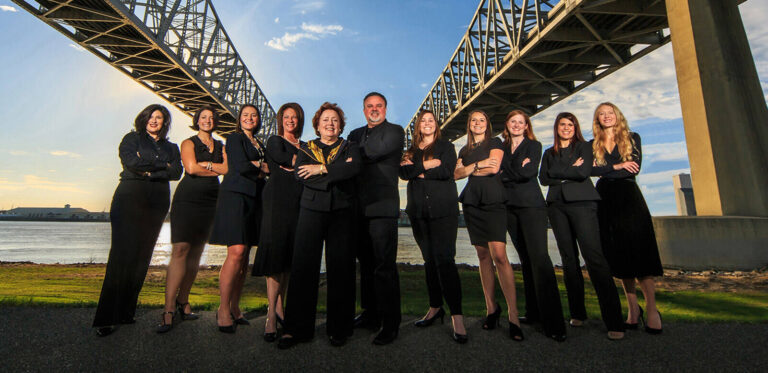
Destination Management Company (DMC)
A DMC is a type of event management company with local knowledge in a particular location or region.
If a meeting planner is based in New York, but wants to hold a meeting/incentive program in San Diego, they might hire a local DMC, such as Access Destination Services.
The DMC would then provide them with services such as ground transport, staffing, restaurant and venue bookings, hotel accommodation, leisure activities and excursions, and other locally based suppliers, such as technical production, floral, décor, and catering.
Although event planners/program managers working for a DMC are not the overall event planner, they can end up producing and managing almost the entire program of events and activities for a corporate client. Similarly, an incentive house might also use a DMC as their ‘man on the ground’.
If you want to work in meetings and incentives, but your home life doesn’t allow you to travel all the time, then working for a DMC in your local area can be a great alternative.
Incentive Travel Planning Jobs
Below are examples of some of the most common job titles used in the meetings and incentive travel planning sector of the events industry.
Corporate Incentive Travel Planners
Incentive House / DMC Incentive Travel Planners
*Sales positions are generally not considered event-planning roles. The sales manager will often sell the destination, hotel, and a broad program of activities to the client before handing them over to the event planner/program manager to handle logistics and operations.
** Travel directors mostly work onsite to help deliver the program and are the equivalentof onsite event co-ordinators. One travel director (TD) might handle transport co-ordination, while another might supervise food & beverage, and another might co-ordinate the off-site activities and excursions.
Being an Incentive Travel Planner
Why Work in Incentive Travel?
One word. Travel. That’s certainly the main attraction for most meetings and incentive travel planners / program managers.
Incentive travel planning is the sort of job that will enable you to travel all over the world, often to exotic or aspirational destinations that you might never usually get to visit otherwise.
Remember; you’re staff, not a guest
Of course, let’s not forget you are going there to work.
It’s not you that’s being rewarded with an all-expense paid trip with lots of receptions, dinners, and activities. You’re the one making it happen for everyone else.

That might mean hanging around at a nightclub until 2am in order to arrange transport back to the hotel for your group. Then being up at 5.30am to supervise the breakfast set-up before the guests come down. Alternatively, it might mean hanging around an airport from 8am to 8pm to greet guests as they arrive on 15 different flights throughout the day.
While travel is definitely a great perk of the job, and is often the main attraction for many event planners, remember not to confuse the event (or in this case, the program) with the event planning. That said, if you’re going to be working really hard putting in crazy-long hours on an event, wouldn’t you rather be doing it in an exotic beach resort than in a drafty convention center?

Bonding Experience
There’s also a unique bonding experience—both with your team and sometimes with the group of clients—that often comes with working on incentive travel programs (or any event that involves living and working on location) that many planners, myself included, find quite rewarding.
It’s hard to describe the feeling, but travelling with your colleagues, being away from home, staying in hotels, taking meals together, and effectively living with your team for a week—in addition the usual adrenalin rush that comes from working together to pull off an amazing event—all combines to create a deeper level of bonding.
It’s probably my favorite part of working on overseas events.
Sometimes you also connect with your group of clients, which adds another level of enjoyment to the job. I remember when I produced Stella McCartney’s wedding it was a five-day program of events held on the Isle of Bute in Scotland.
Myself and my team were onsite for a week in total, which in itself was a great bonding experience. However, on top of that the wedding party were so nice to us and treated us as if we were part of their group—asking us to join them for drinks or activities and generally treating us like their friends. That made for such a pleasant and relaxed atmosphere to work in.
Until we ran out of vegetarian sausages for breakfast and had to take a ferry to the mainland at 6am for a mad dash around local supermarkets—in the rain! Which quickly brought the team back down to earth and reminded us that we still had a job to do.
Living in a Bubble
The downside to working oversees is that you tend to live in a bubble for the length of the program.
Onsite work is all-consuming, so no matter what you might have going on in your personal life, everything gets put on hold while you’re onsite.
Sometimes, it’s hard enough to find five minutes to call home to your partner—you just get swept along with everything else going on. It’s like your real life just stops for a week.
It’s a weird feeling when you come home after a five-day trip and realize that, for everyone else, normal life has just been carrying on. You arrive home to find a ton of emails and calls to return, a stack of mail to open, and bills that are now a week over-due because you forgot to pay them before you went.

Then you realize that while you’ve been away, you’ve missed some offers of freelance work because you didn’t have time to stay on top of your emails, your dry cleaning hasn’t been collected for weeks, and no one was home to accept parcels so you now have to collect them from the post office. On top of all that, you missed your best friend’s birthday and your boy/girlfriend is demanding to spend some time with you before you go away again. Now imagine that situation two or three-times per month.
The novelty of business travel can wear off very quickly when you don’t have any free time to live your own life back at home—which is why some event planners prefer to work for DMC’s that look after the needs of groups coming into their home city.
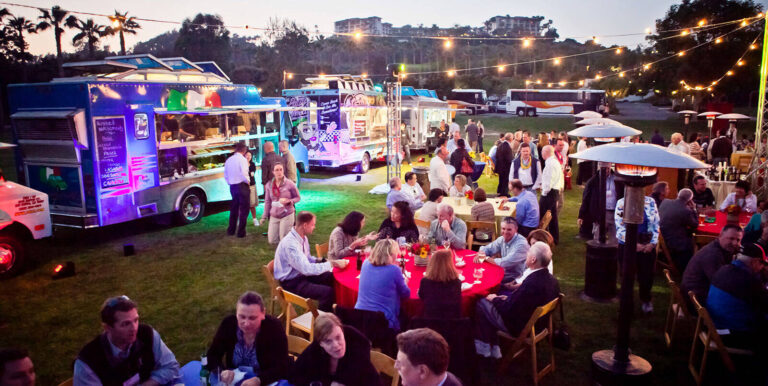
Creativity
Another reason event planners choose to work in incentive travel is that the work can be very creative. Imagine, each year you have to come up with a new and exciting program for your clients—one that has to top the previous year. That in itself can be a great creative challenge, finding the latest ‘in vogue’ destination that gets everybody excited. Then there’s the program of activities and events—a really good planner will go out of their way to avoid the obvious tourist attractions and traditional activities.
The challenge, which good planners relish, is in creating unique travel experiences; making them as authentic and original as possible, exposing travelers to local artisans and cultural differences, and giving them something that they’re going to go home and talk about.
In addition, there are plenty of other opportunities to inject creative elements along the way. One of the traditions of incentive travel programs is that, at night, a small gift is left in each guest’s room; often a cryptic clue as to the following day’s itinerary. This provides lots of opportunities to get creative. Alternatively, instead of arranging traditional modes of transport to ferry guests around, an event planner might get creative and lay on rickshaws for example. Similarly, why hold off-site dinners at restaurants when you might be able to create a dinner in a cave, on a cliff-top, or on a movie set? With incentive travel, there really is so much scope to get creative.
Program of Events
Finally, one of the other differences with incentive travel is that, as a planner, you have the opportunity to create more than just a one night event.
Now, other events, such as conferences and conventions/exhibitions, often last more than one day too. However, with a corporate incentive travel program you are creating a series of different events. There might be a drinks party on a yacht one evening, a wine tasting beside the rooftop pool at a private members club the next, followed by a 1940s USO themed dinner-dance at a military base, then a black tie awards ceremony in a grand ballroom—all in one program.
Creating a series of consecutive events for the same group adds a really interesting dynamic for the event planner, as you get to take them on a journey while showcasing your own talents in creating memorable experiences. It can be quite a buzz seeing guests react to different events you’ve created, each one topping the previous with more and more ‘wow’ factors.
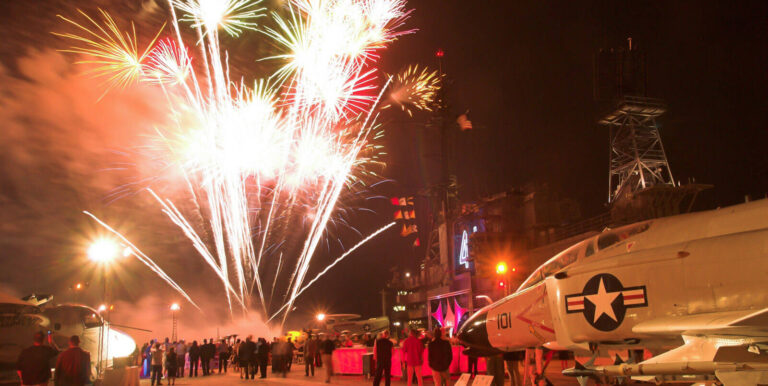
Pros of Being a Corporate Incentive Travel Planner
To summarize, some of the advantages of becoming a corporate incentive travel planner are:
What it Takes to Be an Incentive Travel Planner
Creativity
In addition to the core skills that every event planner must have, an incentive travel planner needs to be able to utilize their creative skills and imagination in a slightly different way.
Now, everyone thinks they’re creative when it comes to the ‘soft’ elements of event planning, such as invitations, menu design, and decor. However, incentive travel planning requires a ‘big picture’ approach to creativity—how can you create unique ‘experiences’?
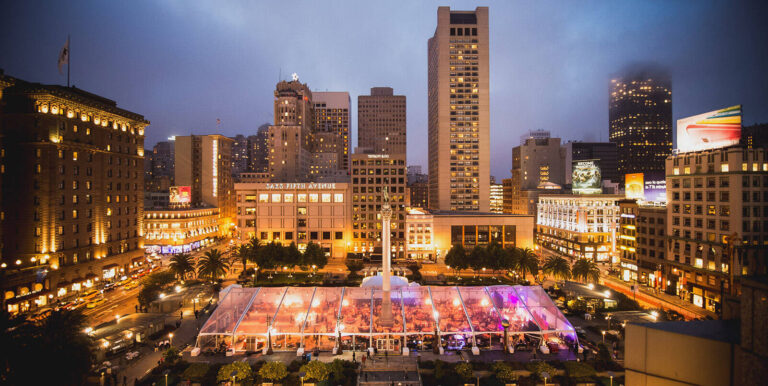
Knowledge of Destinations
Incentive travel requires having good knowledge of different destinations. You need to know all the latest travel trends—what’s hot (metaphorically speaking!) and what’s been ‘done to death’—and be able to really get under the skin of a destination. You also need to know what is considered an upmarket destination and what’s a bit low-rent. Sure, you might know different Ski resorts, but do you know which ones are considered hip and which are passé? Do you know which ones attract the young party crowd and which cater to a more sophisticated traveler?
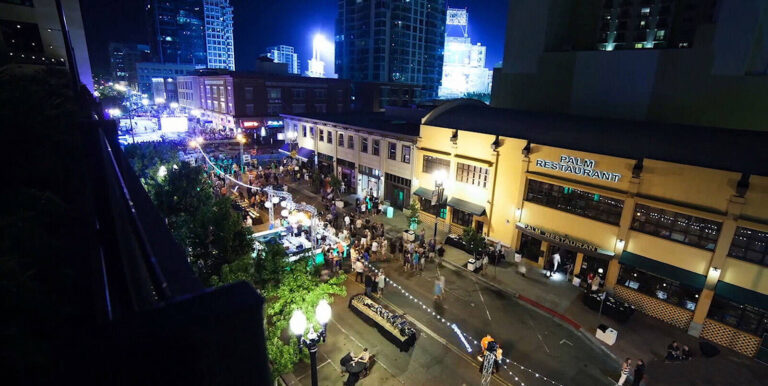
Imagination
It also means not settling for the obvious choices, being prepared to go the extra mile and create something new, genuinely striving to be different. There are far too many average incentive travel planners who just call up a DMC and have them suggest ideas—which, if they are a lazy DMC, will be the same old ideas that everybody coming to that destination gets offered.
To be a good corporate incentive travel planner/destination management specialist you’ve got to work harder to come up with imaginative alternatives to the norm—which, if you’re working for the DMC, means having exceptional local knowledge and contacts.
Good Judgement
Perhaps one of the most important things to consider is whether you have a discerning nature and a breadth of knowledge to be able to tailor programs to different audiences. If you have to design a program for a group of senior / board level executives from a major Fortune 500 company, who already vacation in the world’s most prestigious and luxurious resorts, fly first class/private, attend high-profile fundraising events, and dine in the best hotels, would you be able to create a program that would impress them?
Equally, if you had to create a program for a group of twenty-something tech geeks, would you know what type of events and activities they’re going to find stimulating and engaging? This also applies if you work for a DMC; are you able to tailor your city’s offerings to the demographics of the inbound group?
Street-Smart
Being an incentive travel planner requires you to be fairly worldly-wise, but you’ve also got to be pretty ‘street-smart’. Are you someone that can land in a foreign country, with little local knowledge, perhaps not speaking the same language, and have the confidence and initiative to pull everything together and lead a group. All while smiling 24/7 and showing absolutely no signs of stress!
Lifestyle
Finally, and perhaps the most significant aspect, is whether your lifestyle will support being away from home so frequently, for up to a week at a time. That can be difficult to reconcile with relationships, children, or pets. This means that a career as an incentive travel planner is not for everyone—despite how exciting it might sound. The novelty aspect of travelling can quickly wear off if you’re trying to put down roots, but this type of work means you spend much of your time living out of a suitcase. Fortunately, working for a DMC in your local area can be a great alternative.

How to Become an Incentive Travel Planner
For more information on how to become an incentive travel planner, check out this site’s companion book Become an Event Planner: Secrets for Getting Hired from Employers, Recruiters, and Event Professionals. Topics covered in the book include:
Topics covered in the book include:
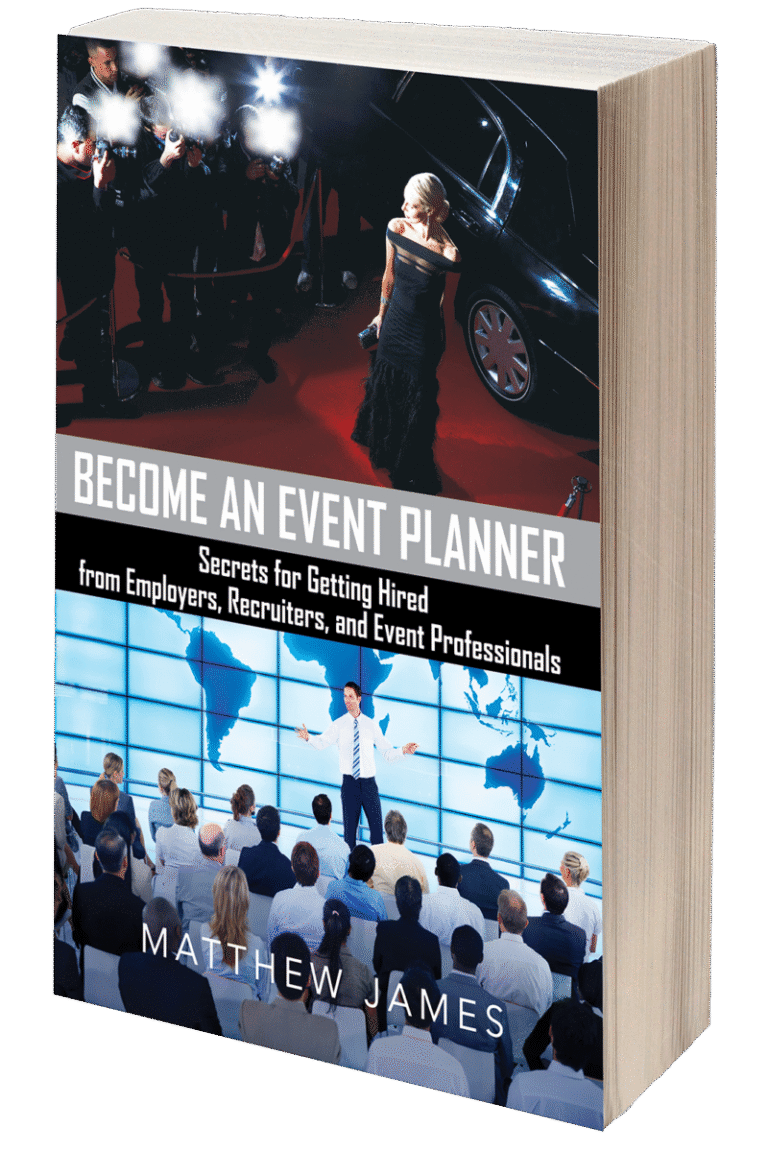
In The Next Section…
03 Being an Incentive Planner
What do incentive travel planners do? Read a real incentive travel planner job description by Martin Turner, former Director of Travel, International Travel Group, and former Global Head of Events, Credit Suisse
